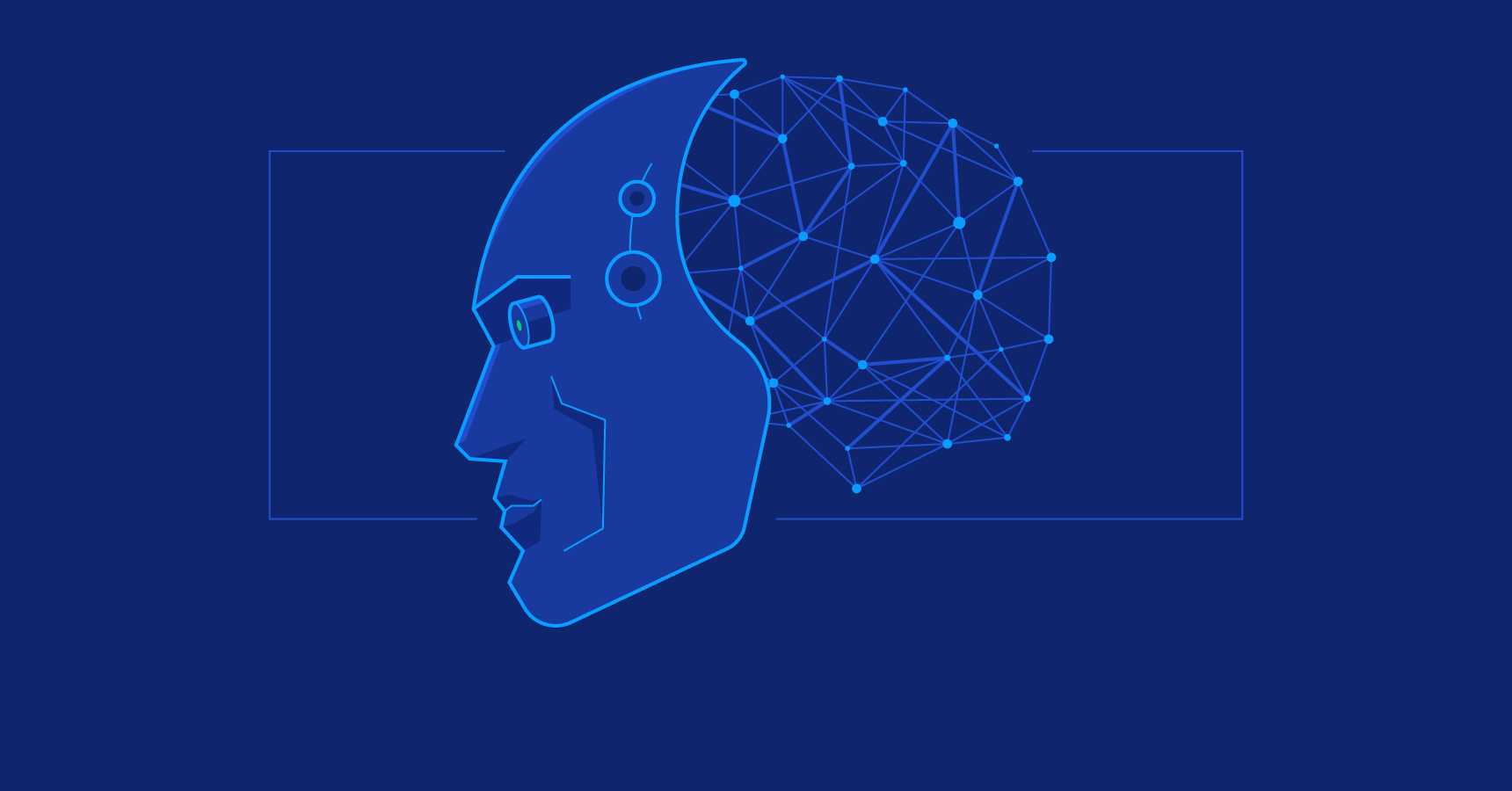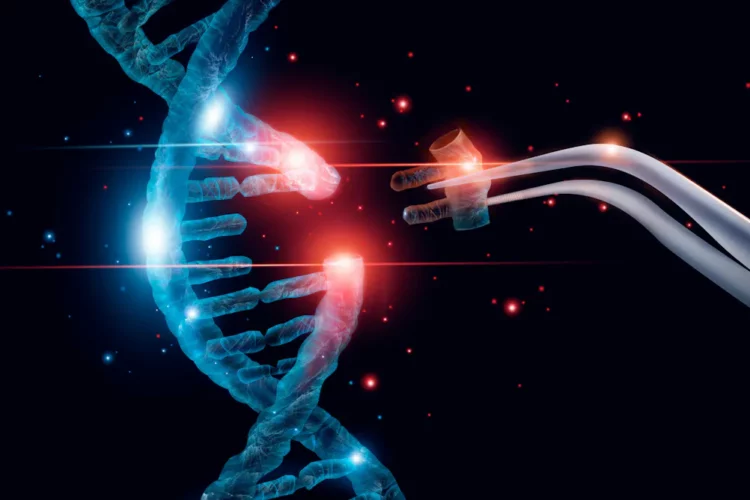
In the digital age, where every learner is unique and traditional one-size-fits-all approaches to education are becoming obsolete, machine learning has emerged as a powerful tool for transforming learning experiences and improving educational outcomes. From adaptive learning platforms and intelligent tutoring systems to educational data analytics, machine learning is revolutionizing the way students learn, teachers teach, and educational institutions operate. In this article, we explore the profound impact of machine learning in education and how it is shaping the future of learning.
Adaptive Learning Platforms:
One of the most promising applications of machine learning in education is adaptive learning platforms, which tailor instruction and content delivery to each student’s individual needs, preferences, and learning styles. By analyzing students’ interactions, performance data, and mastery levels, machine learning algorithms can dynamically adjust the pace, difficulty, and sequence of learning materials, providing personalized pathways to mastery and optimizing learning outcomes.
Intelligent Tutoring Systems:
Intelligent tutoring systems leverage machine learning to emulate the role of human tutors, providing students with personalized guidance, feedback, and support throughout their learning journey. By assessing students’ knowledge gaps, misconceptions, and learning trajectories, these systems can deliver targeted interventions, scaffold learning activities, and adapt instructional strategies to meet individual needs. This fosters a supportive and interactive learning environment that promotes engagement, mastery, and self-directed learning.
Educational Data Analytics:
Machine learning algorithms analyze vast amounts of educational data—from student assessments and performance metrics to demographic information and behavioral data—to extract actionable insights and inform data-driven decision-making in education. By identifying patterns, trends, and correlations in student behavior and academic performance, educational data analytics can optimize curriculum design, resource allocation, and intervention strategies, enabling educators to intervene early, personalize instruction, and improve student outcomes.
Personalized Learning Pathways:
Machine learning enables the creation of personalized learning pathways that cater to each student’s unique strengths, interests, and goals. By leveraging adaptive algorithms, recommendation systems, and content customization tools, educators can curate learning experiences that resonate with students’ individual preferences, fostering intrinsic motivation, autonomy, and ownership of learning. This personalized approach promotes deeper engagement, higher retention rates, and greater academic achievement among learners.
Challenges and Considerations:
Despite the transformative potential of machine learning in education, several challenges and considerations must be addressed to realize its full benefits. These include concerns about data privacy and security, ethical implications of algorithmic decision-making, and the digital divide exacerbating disparities in access to technology and digital resources. Additionally, ensuring the effectiveness, equity, and inclusivity of machine learning-powered educational interventions requires ongoing research, evaluation, and collaboration across stakeholders.
Conclusion:
As we reimagine the future of education in the digital age, machine learning stands as a catalyst for innovation, equity, and student success. By harnessing the power of personalized learning experiences, intelligent tutoring systems, and educational data analytics, we can unlock the full potential of every learner, empower educators with actionable insights, and create a more inclusive and equitable education system that prepares students for the challenges and opportunities of the 21st century. As we continue to innovate and evolve, let us embrace the transformative potential of machine learning in education and strive to build a future where every learner can thrive and fulfill their potential.


